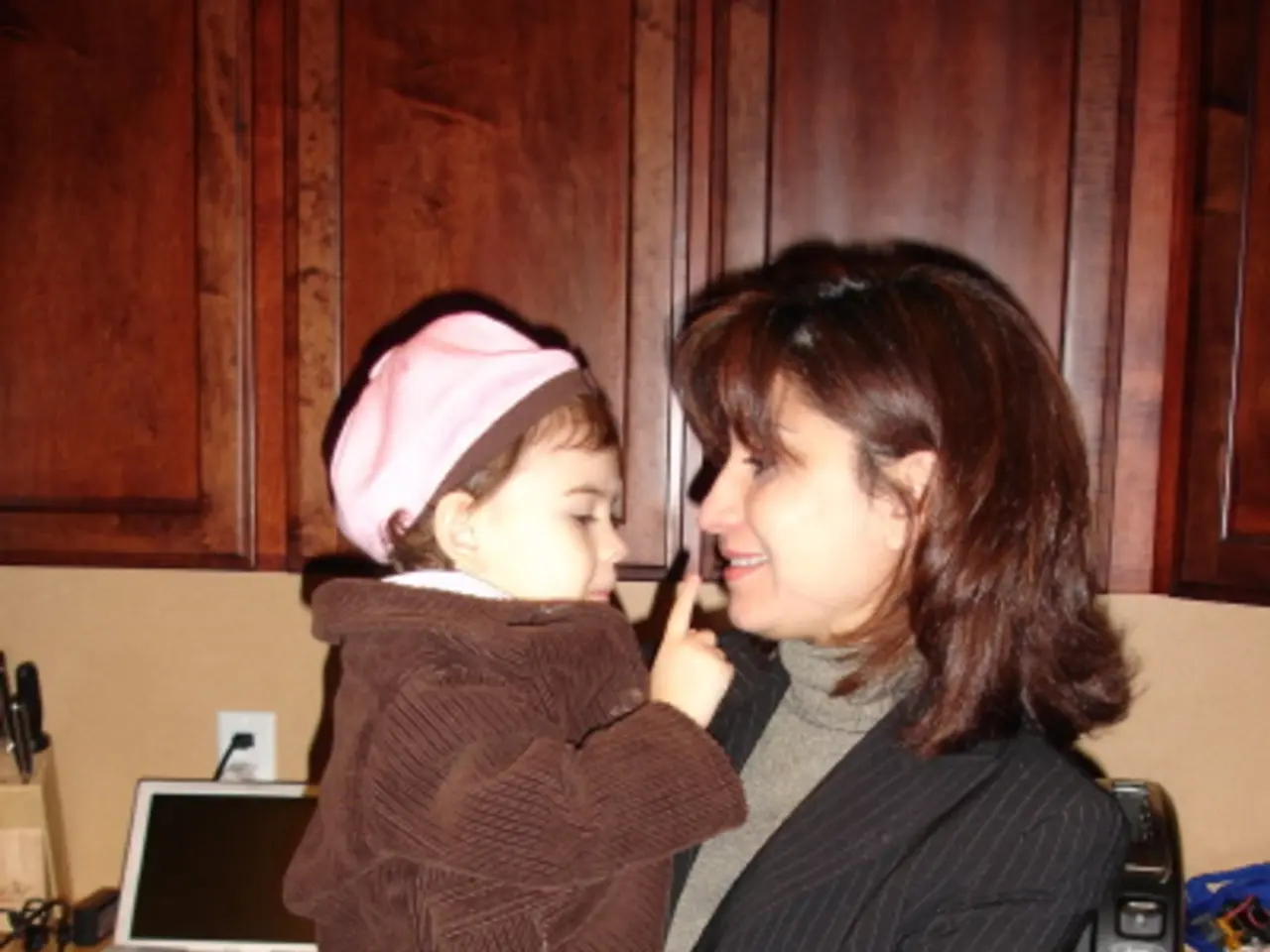Smart Infants: Five Methods Infants Demonstrate Intelligence
In the first year of life, a baby's brain undergoes a remarkable transformation. Starting from birth, it doubles in size, reaching its full adult size by kindergarten, boasting around 1,000 trillion synapses – a testament to the incredible potential that lies within these tiny minds.
Research has shown that this potential is not limited to a single language. Infants growing up in a bilingual environment can maintain the discrimination abilities needed for learning multiple languages. Moreover, babies who live in bilingual homes can more easily learn different languages compared to infants who only hear one language spoken. This early exposure to multiple languages not only benefits their language skills but also supports their overall brain development and social interaction skills.
The benefits of a multilingual environment extend beyond language learning. Babies raised in such environments benefit from enhanced language skills, improved cultural awareness, and potentially better cognitive abilities. This early immersion in diverse linguistic and cultural contexts sets the stage for a more open and inclusive worldview in the future.
Music also plays a significant role in a baby's cognitive development. Studies suggest that music exposure in early childhood can potentially improve communication skills in one-year-old babies. Interactive music classes, for instance, may lead to better communication skills compared to less-active classes. The benefits of music on babies' cognitive development are supported by recent research.
Moreover, playing instruments in childhood may be linked to a reduced risk of dementia later in life. This suggests that the benefits of music extend far beyond early childhood, influencing cognitive health in later life as well.
But it's not just about what babies can learn. They are also acutely aware of social interactions. For instance, six-month-old babies can understand the link between images of objects and their names. Furthermore, babies can discern a different language based on visual cues as young as four months old.
Babies are also capable of understanding fairness. Studies have shown that they can tell when someone is being treated unfairly. Interestingly, their happiness levels are influenced by their acts of giving. Toddlers demonstrate increased happiness when they give things to others, and giving away their own treat instead of an extra one makes toddlers happier.
In conclusion, the first year of a baby's life is a period of rapid growth and learning. From their amazing brain development to their understanding of language and fairness, babies are capable of much more than we often give them credit for. By nurturing their environment with music, multiple languages, and opportunities for social interaction, we can help them reach their full potential and set them on a path towards a brighter future.
Read also:
- Peptide YY (PYY): Exploring its Role in Appetite Suppression, Intestinal Health, and Cognitive Links
- Toddler Health: Rotavirus Signs, Origins, and Potential Complications
- Digestive issues and heart discomfort: Root causes and associated health conditions
- House Infernos: Deadly Hazards Surpassing the Flames








